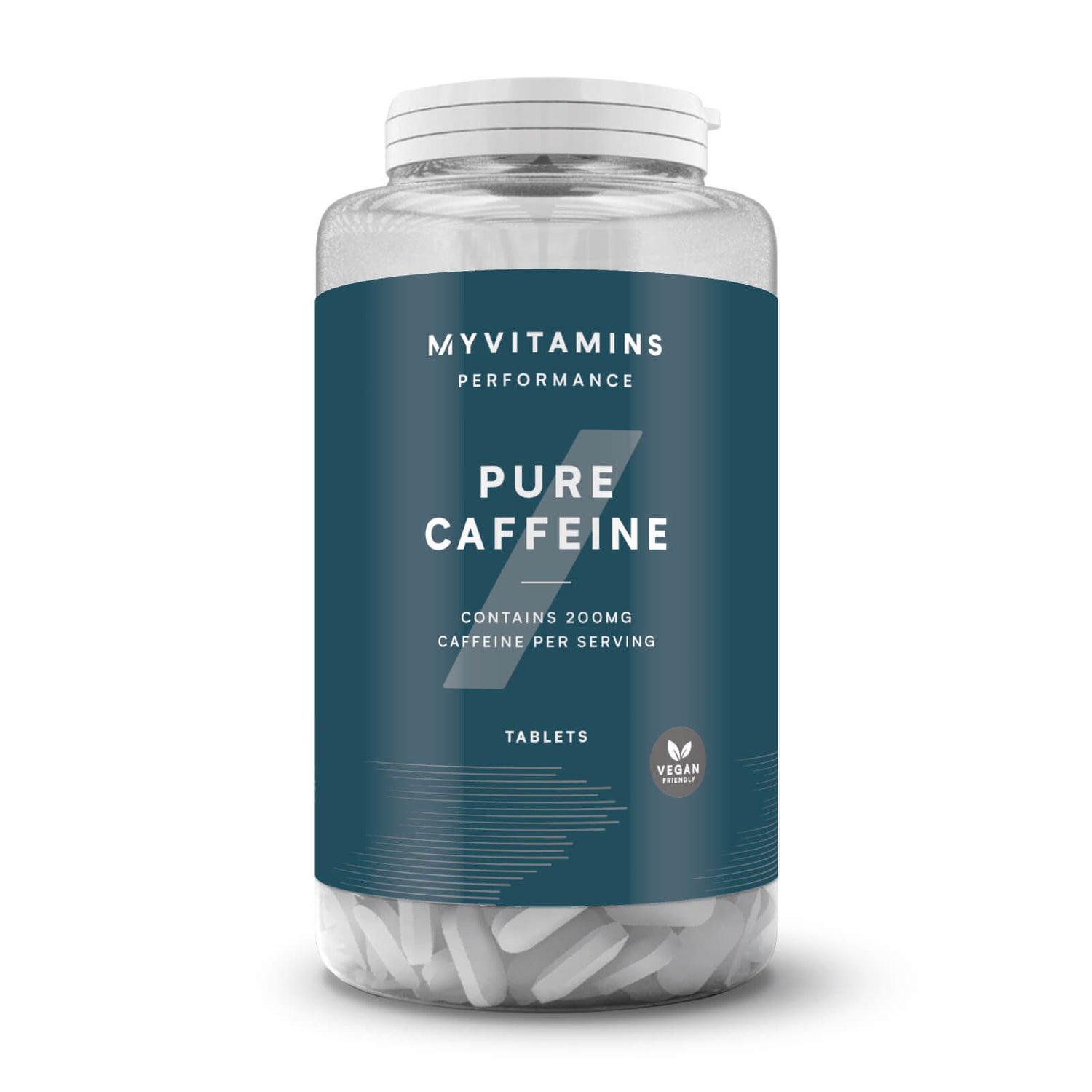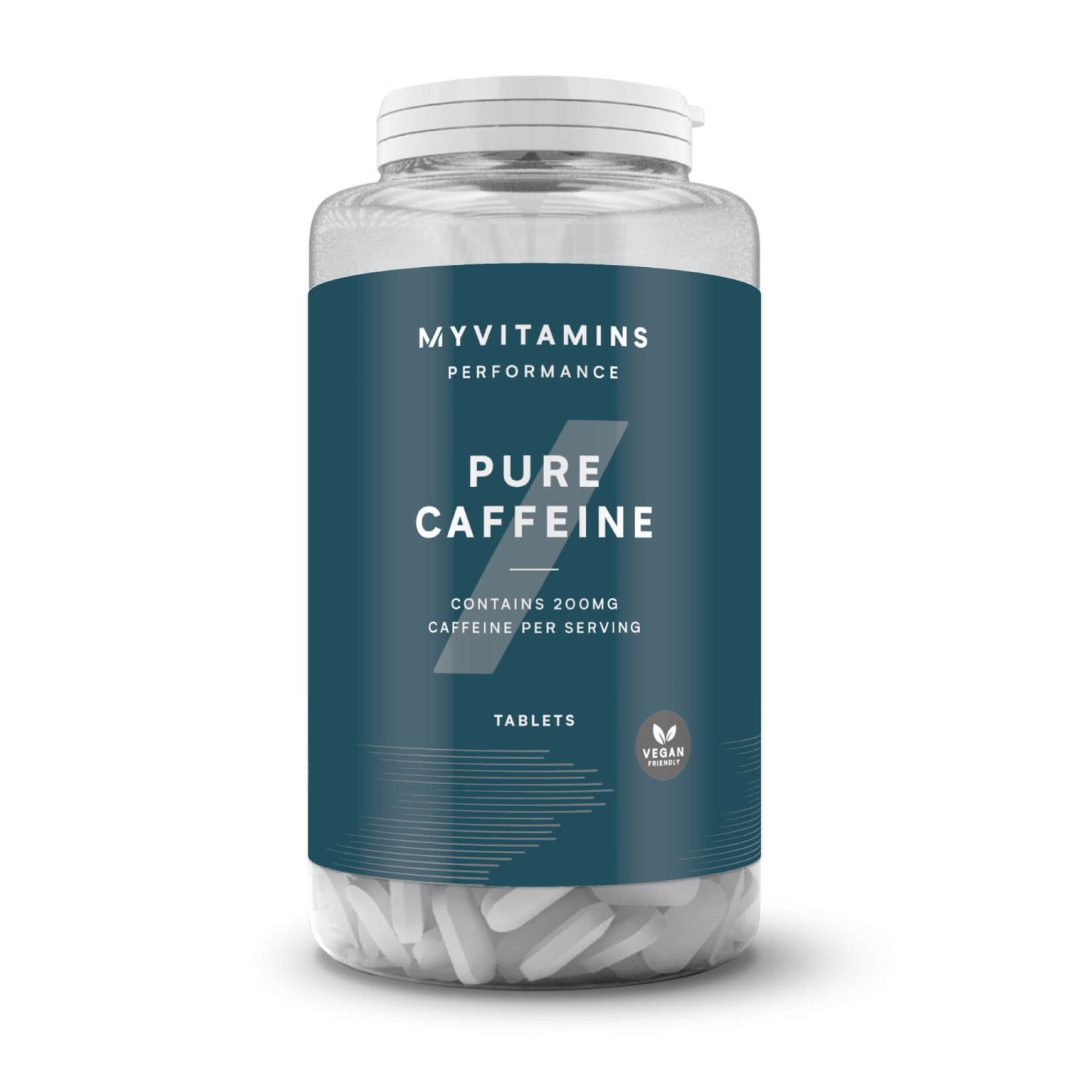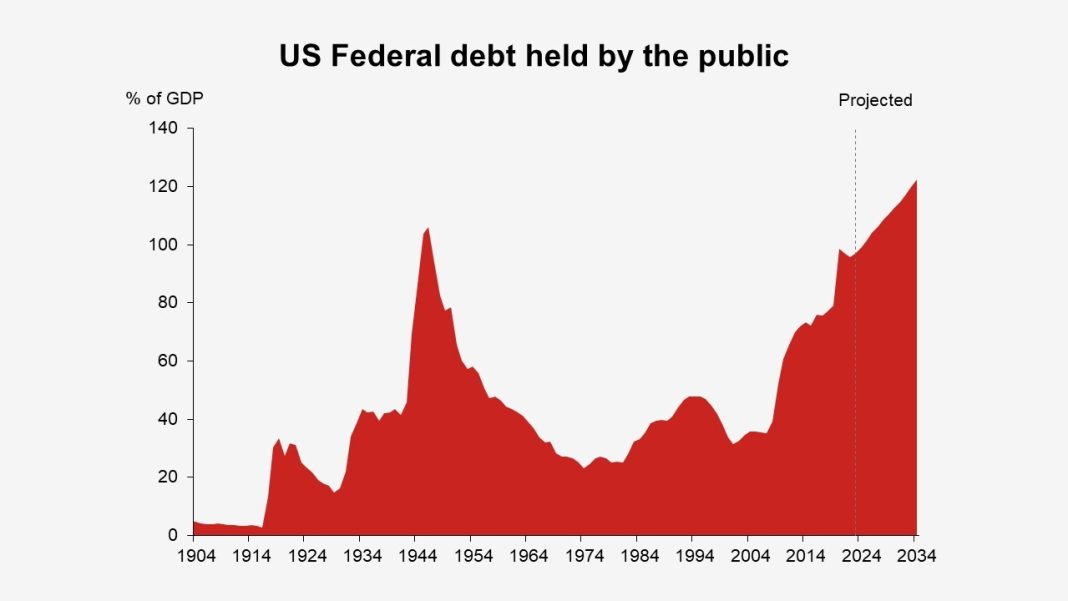
Poison control centers across the country have seen a significant increase in calls related to children and caffeine consumption. This alarming trend has raised concerns among experts and parents alike.
The Rise in Calls:
According to recent data from poison control centers, there has been a notable spike in calls related to children ingesting caffeine. These calls include instances of children consuming energy drinks, coffee, soda, and even caffeine pills. Experts warn that the high caffeine content in these products can have serious health consequences for young children.
Health Risks:
Caffeine is a stimulant that affects the central nervous system. While adults can tolerate moderate amounts of caffeine, children are much more sensitive to its effects. Consuming too much caffeine can lead to a range of health issues in children, including increased heart rate, elevated blood pressure, sleep disturbances, and even seizures.
Energy Drinks:
One of the main culprits behind the rise in caffeine-related calls is the consumption of energy drinks. These beverages often contain high levels of caffeine, along with other stimulants and additives. The marketing of energy drinks towards young people, coupled with their easy accessibility, has raised concerns about their impact on children’s health.
Parental Responsibility:
Experts emphasize the importance of parental supervision and education when it comes to children and caffeine consumption. Parents should be aware of the potential risks associated with caffeine and ensure that their children do not have unrestricted access to caffeinated products. Educating children about the dangers of excessive caffeine consumption is also crucial.
Regulation and Legislation:
In response to the growing concern over children and caffeine, some states have taken steps to regulate the sale of energy drinks to minors. For example, several states have implemented age restrictions or warning labels on energy drink packaging. However, there is still a need for more comprehensive legislation to address the issue on a national level.
The Role of Schools:
Schools also play a significant role in addressing the issue of children and caffeine. Educators can incorporate discussions on caffeine into health curriculum, raising awareness among students about the potential risks. Additionally, schools can restrict the sale of energy drinks on their premises and provide healthier alternatives for students.
Conclusion:
The rise in calls to poison control centers related to children and caffeine consumption is a cause for concern. As parents, educators, and legislators, it is essential to prioritize the health and well-being of children by taking preventive measures. By educating children about the risks, regulating the sale of energy drinks, and promoting healthier choices, we can work towards reducing the number of caffeine-related incidents among children.


